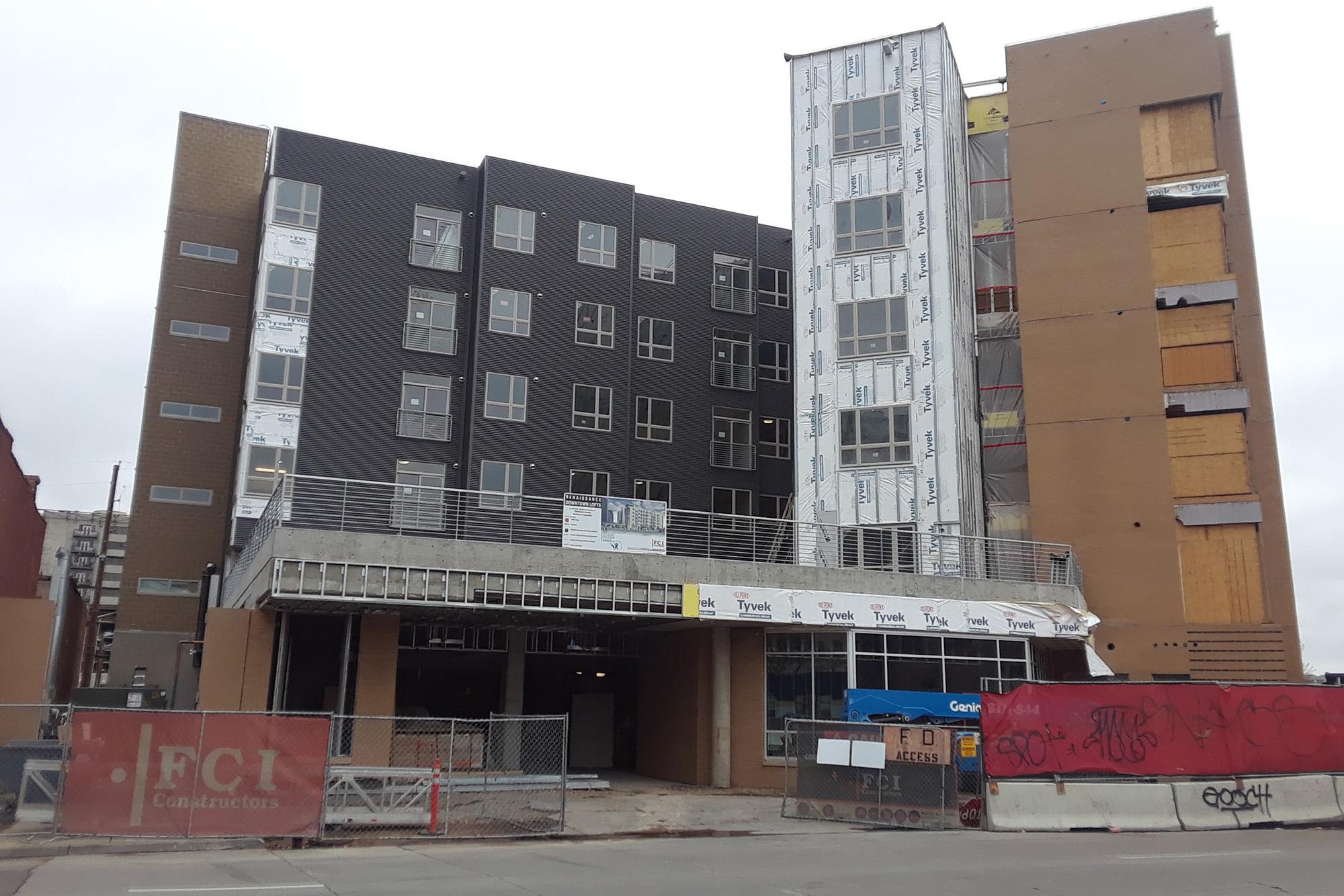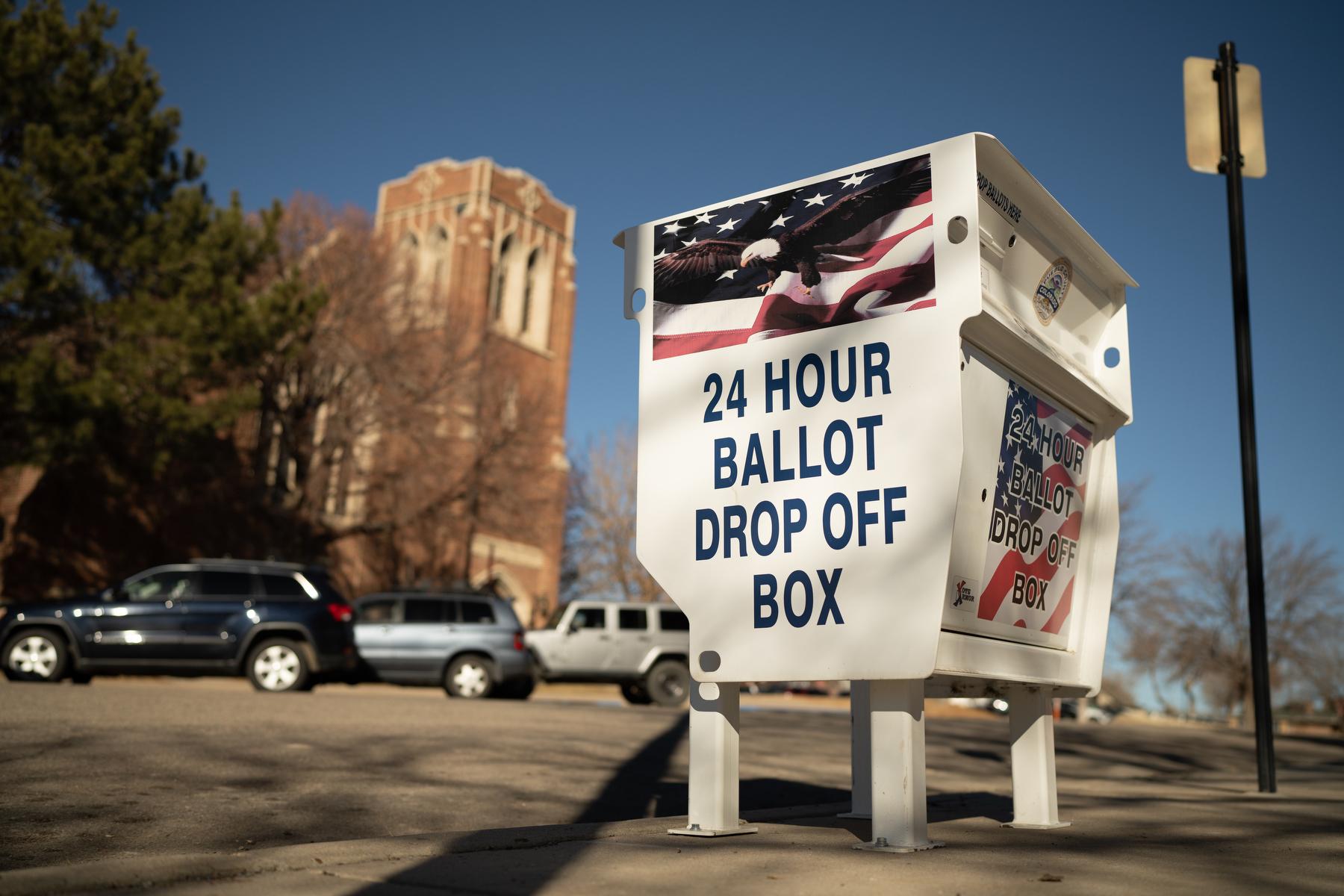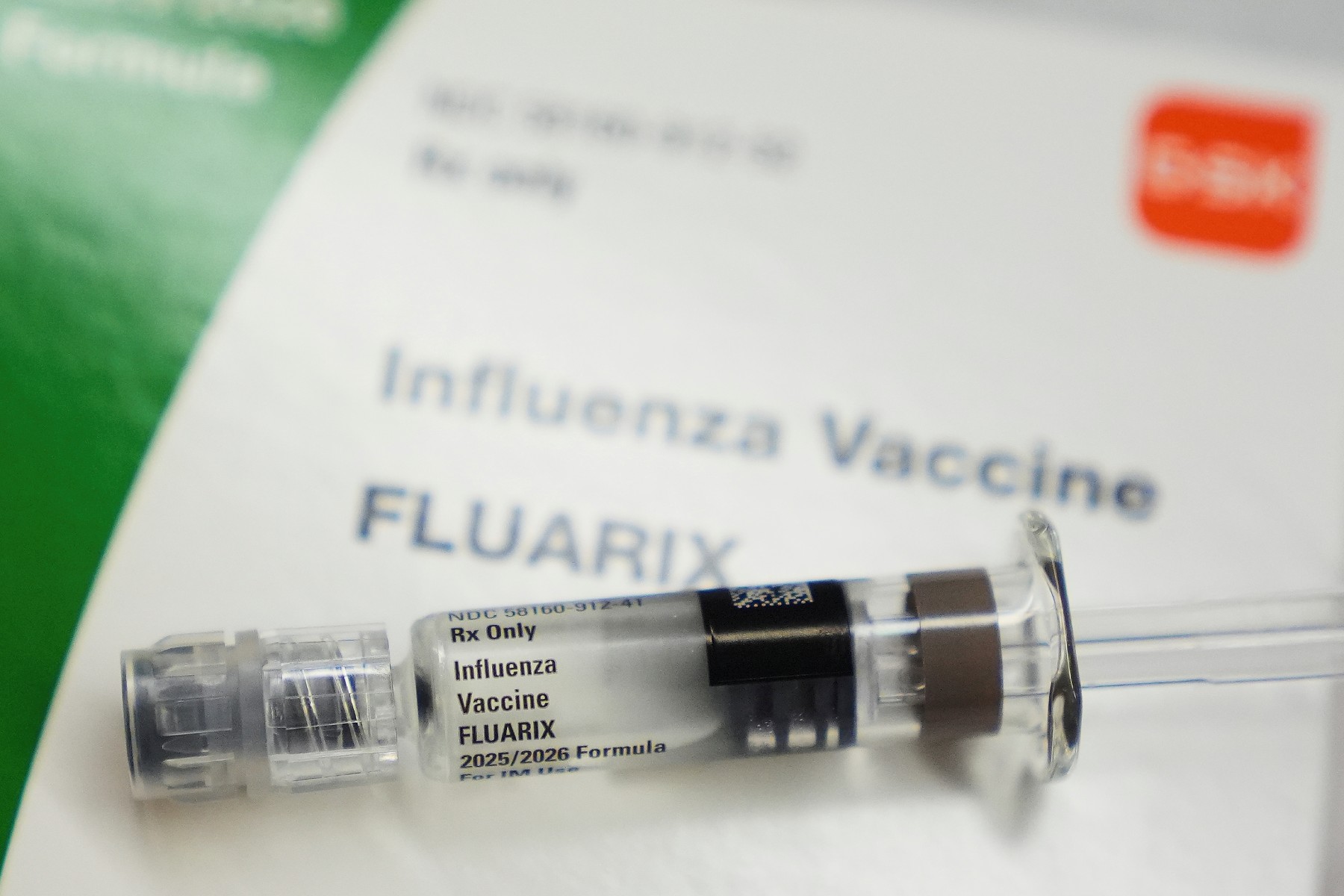

The City of Denver announced a $188,000 payment to private investors on Monday, all because people like Manuel Valdez have managed to stay in their new homes and off of the streets.
After years of off-and-on homelessness, Valdez moved into in a one-bedroom apartment in Englewood last summer. He was one of 250 individuals identified as chronically homeless by Denver in 2016. The status landed him a spot in the new housing program.
“It feels good to say I’m going home,” he said, jingling his keys. “Knowing I have somewhere to go every night. I’m at peace, I’m less stressed and I’m making it to my doctor’s appointments.”

People in the program, like Valdez, frequented jails or used a lot of emergency medical services while on the streets. The city hopes to save money by housing them, and use those savings to repay eight private investors. The payment announced Monday covers the first year of the 5-year program.
The arrangement is known as a social impact bond. In essence, it’s a contract between a government and investors. Private backers help pay the initial cost of a program, then are repaid according to measured success.
Critics of social impact bonds say the programs let the private sector profit off of public services. But Tyler Jaeckel, who is leading the social impact bond for the city, insists the backers are not involved to make big profits.
“At most they might see a 1- or 2-percent return investment, which is well below market,” he said.
Jaeckel sees the contracts as a way to get private backers involved in city problems. The bonds bring in funders who might not be otherwise interested in philanthropy. Their support then spills over into issues related to homeless, Jaeckel said.
Through its contract, Denver agreed to pay investors $15.12 for every night participants stay in their homes. The Urban Institute, a nonprofit think tank, calculated the $188,000 initial payment based on 39 residents who met contract requirements.
The evaluation also found the program has housed nearly 200 people so far. Another 50 are expected to gain housing by early 2018. After the first year of the program, the report found 89 percent of participants who entered housing did not leave for planned or unplanned reasons--well over the expected 80 percent retention rate.
Only one participant left the program for an unplanned reason. Six of the participants died over the course of the year, which counts as a “planned exit”--meaning it doesn’t cut against the success metrics.
Denver Mayor Michael Hancock is looking to build on the model. In his 2018 budget, he called for an additional $470,000 for 100 more permanent supportive housing units through the program.








